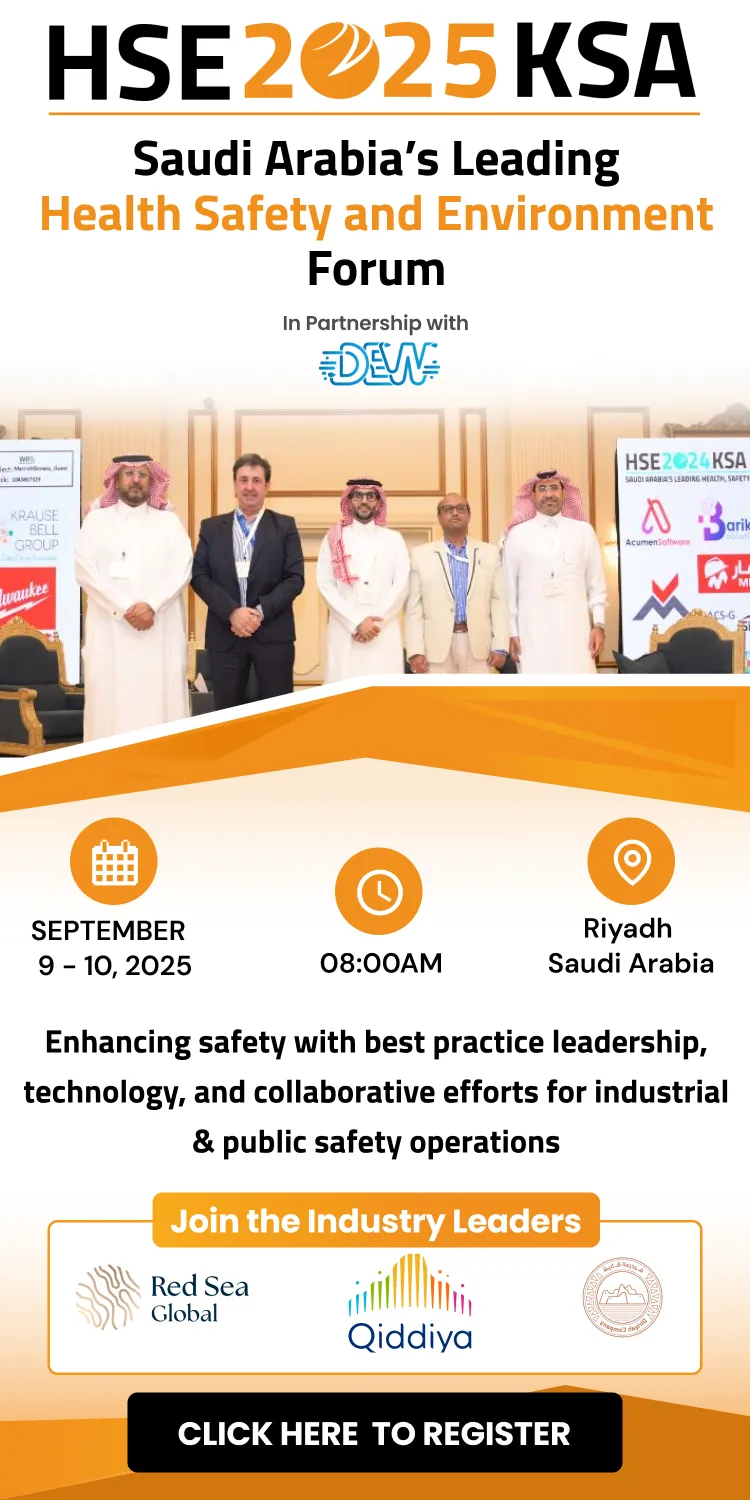Organisations across the Middle East are becoming more exposed to supply chain vulnerabilities stemming from human behaviour.
This critical issue will be a focal point at the Security Leaders’ Summit during Intersec 2025, where industry experts will examine the complex link between human actions and supply chain security.
The 26th edition of Intersec, the global flagship event for safety, security, and fire protection, is set to run from 14-16 January 2025 at the Dubai World Trade Centre (DWTC).
Risk assessments
Speaking ahead of the Summit, where he will highlight the impact of human fallibility on security measures, Stuart Frost, BEM, head of enterprise security and risk management within the UK Government, said, “The primary risk in any supply chain is not just the failure of security controls, but the fact that “humans are fallible and make mistakes simply because they are human.”
Kamco Invest’s GCC Projects Market Update from January 2024 highlights that the UAE’s contract awards surged to US$79.5bn in 2023, a significant increase from the US$29.7bn recorded in 2022.
Frost notes that security often takes a backseat in contract decisions, with business, financial, and commercial considerations dominating the process. He stresses the importance of conducting comprehensive risk assessments to ensure that security concerns are properly integrated alongside other business priorities.
In the Middle East, organisations face distinct challenges where supply chain risks are intensified by the region’s geopolitical and economic complexities. Many businesses overlook the vulnerabilities within their lower-tier suppliers, potentially triggering wider disruptions.
“Supply chain breaches can threaten the very survival of an organisation and, if resilience is not built into the system, the organisation might not be able to recover from such an event,” Frost added. "Post-contract assurance should be performed at least annually to ensure the controls are still effective and the risk position is managed."
Intersec 2025 to highlight human risk in supply chains

The 26th edition of Intersec, the global flagship event for safety, security, and fire protection, is set to run from 14-16 January 2025 at the Dubai World Trade Centre (DWTC). (Image source: Intersec)





